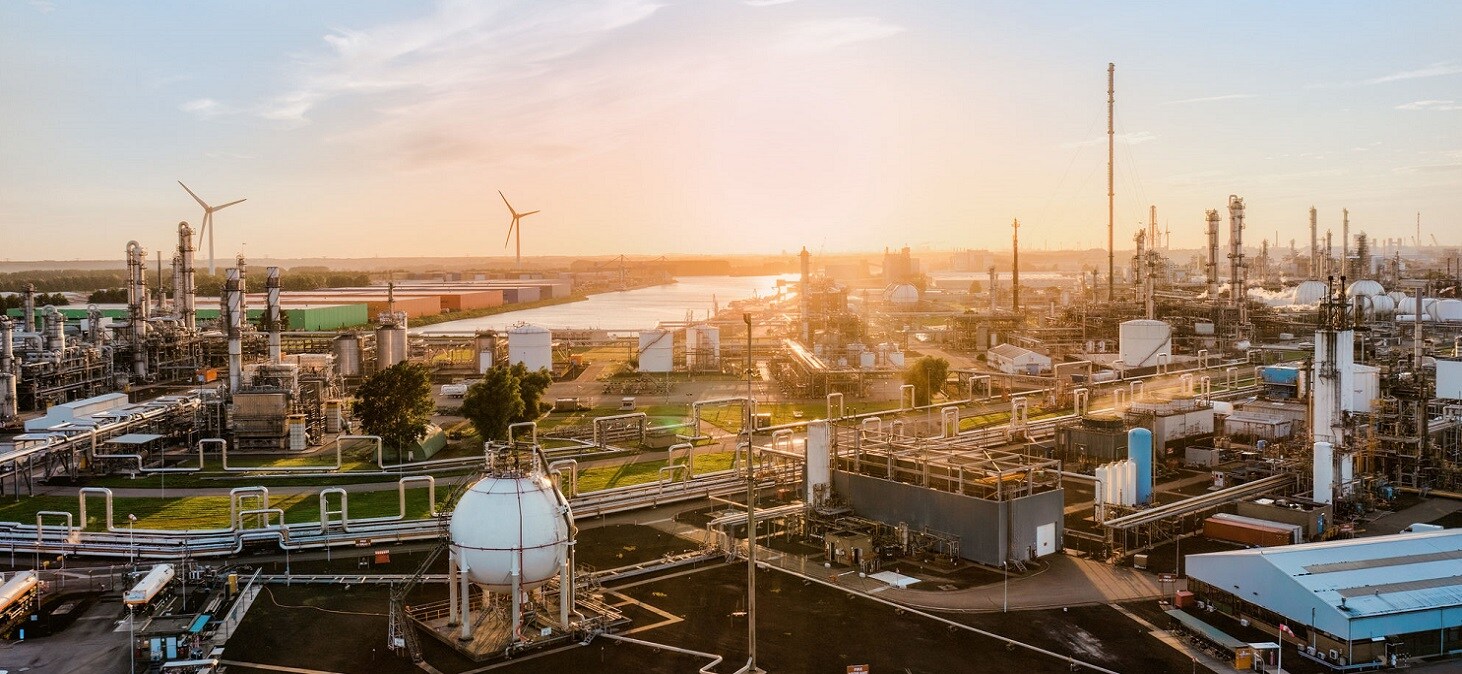
CIO continues to believe that rising natural gas exports require higher production, which will only happen if prices trade higher over the next 12 months. (UBS)
Along with boosting heating demand, it is also disrupting supply via freeze-offs and caused some power disruptions, triggering a shutdown of the Freeport Liquefied Natural Gas (LNG) export terminal. The result: higher prices across all tenors are likely to support switching from natural gas to thermal coal in the power sector. That said, we now expect natural gas inventories to end the withdrawal season (end of March) at around 1.7-1.8 trillion cubic feet (tcf), versus our previous expectation of 1.95 tcf and slightly below the five-year average of 1.8 tcf.
With weather forecasts pointing to milder temperatures for February, CIO sees a risk that prices could come under pressure in the near term.
Despite this, we are revising higher our September and December forecasts by USD 0.20/mmbtu. We are starting to see exports from the Plaquemines LNG terminal finally ramping up, currently running above 1 billion cubic feet per day. This pushed US LNG exports to a new record high before the Freeport LNG terminal closed in recent days. The startup of Stage 3 of the Corpus Christi LNG export terminal as well the Mexican LNG export terminals Altamira and Costa Azul coming online, which pull gas from the US and re-export it, should push US natural gas exports higher this year. We therefore think US natural gas inventories are likely to be around 3.7 tcf by end-October (vs. 3.9 tcf before). We continue to believe that rising natural gas exports require higher production, which will only happen if prices trade higher over the next 12 months.
Considering the near-term downside risks to prices, we continue to refrain from recommendations at present, preferring to wait for a price setback. Considering that market participants currently price natural gas for December 2025 at USD 4.80/mmbtu, high roll costs needs also to be taken into account.
Main contributors: Giovanni Staunovo, Wayne Gordon
Original report: Cold weather support, 23 January 2025.


